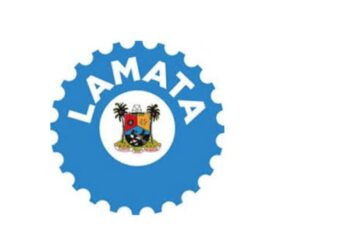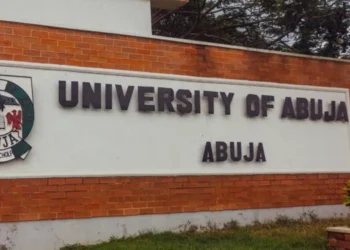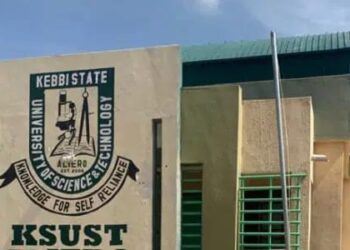The Federal Government of Nigeria has officially disassociated itself from textbooks that allegedly distort Yoruba history by claiming that Ile-Ife—the sacred ancestral home of the Yoruba people—was first settled by the Igbo before the arrival of Oduduwa.
This clarification comes in response to a formal petition submitted by the Concerned Citizens of Yoruba Origin and Supporters of Truth. The group, led by National Chairman Otunba Abayomi Odunowo, expressed outrage over two textbooks allegedly containing false historical claims: Standard History Studies for JSS 1–3 by Tony and Ijeoma Duru, and The Igbo: People, History and Worldview by Dons Eze and Chinedu Ochinanwata.
The petition, titled Petition to Defend Yoruba History from Ethnic Distortion in Nigerian Textbooks, was addressed to the Federal Ministry of Education, Nigerian Educational Research and Development Council (NERDC), the National Assembly Committee on Education, and other education authorities.
Reacting to the development, the Ministry of Education, through its Director of Press and Public Relations, Boriowo Folasade, issued a public statement debunking any association with the controversial materials.
> “The Ministry wishes to clarify that the said textbooks were not authored, commissioned, or approved by the Federal Ministry of Education. They are not part of the instructional materials sanctioned for use in public basic education institutions across Nigeria,” the statement read.
The Ministry emphasized that the content in question lies outside its regulatory framework and warned of the dangers such misinformation could pose to national cohesion and unity.
“While the concerns raised are valid, it is important to note that the Ministry is not responsible for materials that fall outside its quality assurance and approval processes,” the statement added.
Folasade reaffirmed the Ministry’s commitment to preserving cultural integrity and promoting accurate historical narratives in the nation’s classrooms. She noted that an investigation would be launched in collaboration with the Universal Basic Education Commission (UBEC) and other relevant agencies to examine the matter thoroughly.
“All necessary steps will be taken to address the anomalies and ensure a fair and timely resolution that respects historical truth and supports national unity,” the Ministry assured.
The Federal Government reiterated that only approved instructional materials—developed in line with national education standards—are suitable for use in schools and are designed to promote inclusive, factual, and culturally respectful education.



















































































 EduTimes Africa, a product of Education Times Africa, is a magazine publication that aims to lend its support to close the yawning gap in Africa's educational development.
EduTimes Africa, a product of Education Times Africa, is a magazine publication that aims to lend its support to close the yawning gap in Africa's educational development.